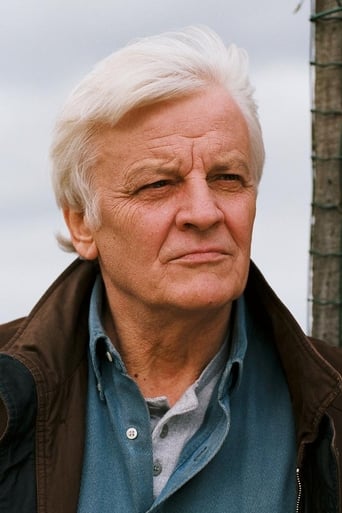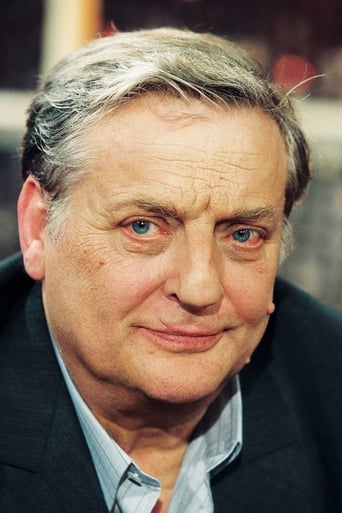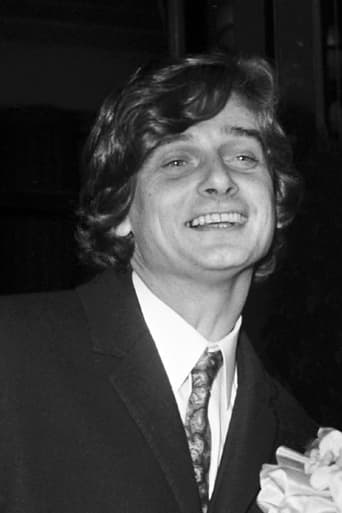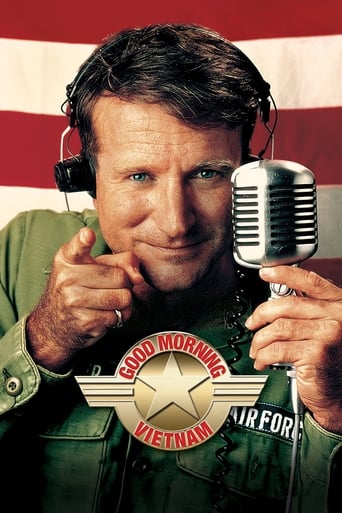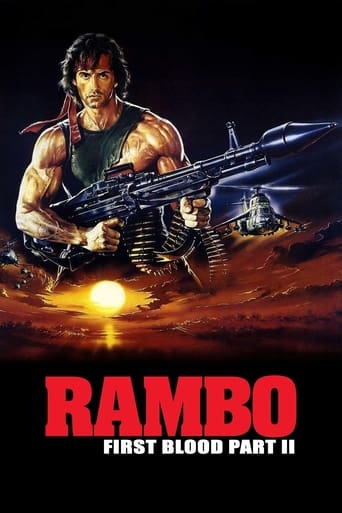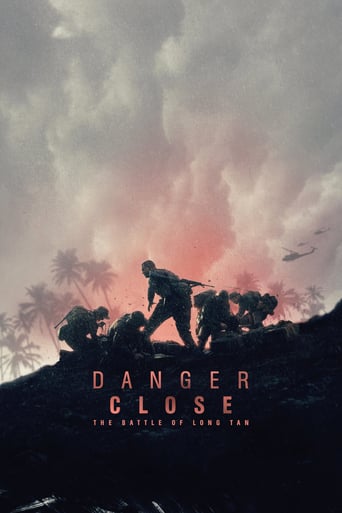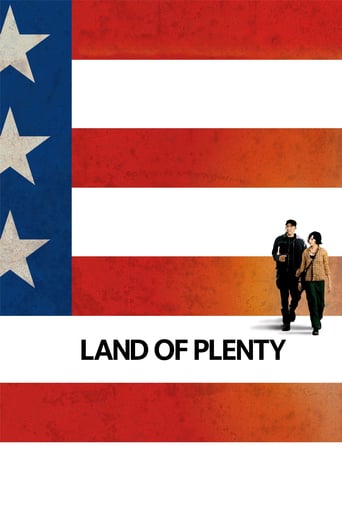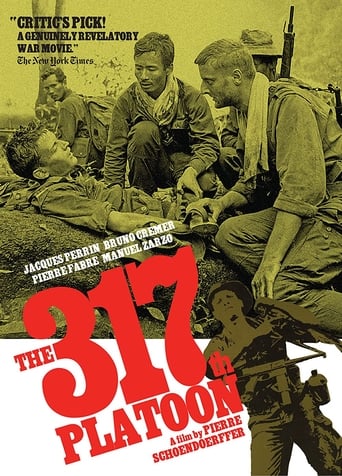
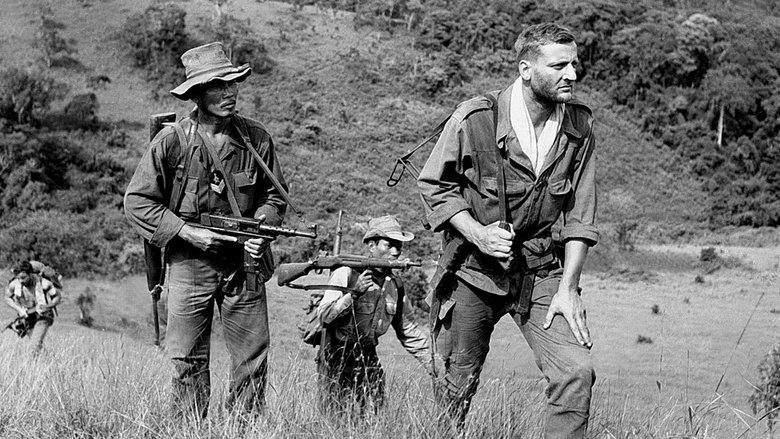
The 317th Platoon (1965)
In Laos, 1954, eight days before the french defeat in the Indochina war, the 317th platoon – four french soldiers and 41 laotian combatants – has been ordered to leave its outpost and to retreat for the plains of Diên Biên Phu, where the french army is getting stucked. Led by the inexperienced and idealistic sous-lieutenant Torrens, fresh out of the military academy, and by adjutant Willsdorf, a WWII veteran of the Werhmacht, the group must cross 150 kilometers of jungle. But dripping rainwater, hostile nature, and the Viêt-minh ambushes expose them to constant danger.
Watch Trailer
Cast
Similar titles

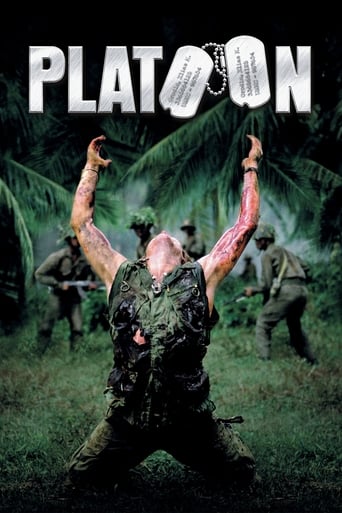

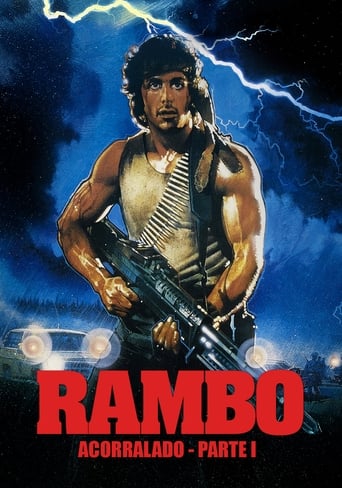
Reviews
hyped garbage
Absolutely Fantastic
The plot isn't so bad, but the pace of storytelling is too slow which makes people bored. Certain moments are so obvious and unnecessary for the main plot. I would've fast-forwarded those moments if it was an online streaming. The ending looks like implying a sequel, not sure if this movie will get one
what a terribly boring film. I'm sorry but this is absolutely not deserving of best picture and will be forgotten quickly. Entertaining and engaging cinema? No. Nothing performances with flat faces and mistaking silence for subtlety.
La 317ème section is a movie about a French/anti-communist platoon that gets separated whilst up country during the Vietminh offensive against Dien Bien Phu.The movie's two main advantages are that the director was an ex-combatant in that war, and Raoul Coutard, who was one of the great New Wave cinematographers.The story concerns a green lieutenant, Torrens, thirsty for battle, brave and intelligent, though seemingly an adventurer from another century, and his seasoned adjutant Willsdorf, Alsatian Wehrmacht veteran. Many other films have used this formula, a classic principal-agent problem that genuinely occurs in conflicts, but used it as a metaphor for classism, and exaggerated matters.If you look at Hollywood treatments of either the Korean War or the Vietnam War, particularly around this era, you genuinely see that there is absolutely no understanding of the naturalised inhabitants of the country. Even where there is good will, these productions remain opaque. Willsdorf however genuinely seems to have a feel for the people and how they live. He senses a more poetical way of living, which he respects, but which is clearly ripe for exploitation. There's a piece of dialogue where he mentions how the trees of the forest will soon turn red for Autumn, and that when they do the locals will drink, dance, make love and celebrate, and you sense part of him wants to join with that, wants to find a nook in a river bend where he can set up house.What these individuals are though, as literally shown in the opening credits, are soldier ants in the forest, their lives are expendable. They are men who live in a man's world without the comforts of home, and take their pleasures where they may, they can only hope to do their duty and lay down and die, and may as well embrace what they do and who they are. It's not a "war is madness" movie, but it is terribly sad, and I was just sorry for Willsdorf that he wasn't sipping a nice Riesling back home after tucking his children into bed. It seems that by being totally apolitical the film manages to leave room for you to come to the conclusion that imperialism is deeply aberrant.
The National Museum of Singapore Cinematheque continues in its provision of specially curated film programme with a special focus of Asia being seen through French cinema, with screenings and talks being organized around the theme, which you can find out more about at their website here. The 317th Platoon piqued my interest for being a war film made by filmmakers who have actually walked the talk and experiencing the conflict themselves, and you can just about trust director Pierre Schoendoerffer and renowned French cinematographer Raoul Coutard to bring about a film of cinematic quality even when dealing with what I deem as a taboo subject for French filmmakers, since the era of the French- Vietnam war in the 50s is something rarely seen put on film, with this being an exception, and a stunning one at that.And with screenings at the Cinematheque you can just about trust the programmers to hunt down the perfect version of the film to be put on screen, this being the restored film by La Cinematheque francaise and by StudioCanal in collaboration with The Franco-American Cultural Fund, cleaned up from its pops, cackles and whistles to bring about an exceptionally beautiful presentation that does justice to Coutard's cinematography, one that is restored with the assistance of the filmmakers themselves, in a process detailed at the beginning before the opening credits. Filmed in Cambodia with help extended by Prince Norodom Sihanouk, it brings about one of the best war stories ever told in the extended Vietnam War from the French point of view, which is rare in itself, and sucker punches its peers, especially those done by Hollywood, set around the same era.Told in a day by day account, we follow the titular platoon who got ordered to abandon their fortified position in order to retreat southwards, but little do they know that once out of their comfort zone, they're plunged right into warfare with the enemy Vietminh soldiers hot on their heels, turning into a cat and mouse pursuit of trying to gain the upperhand against the enemy rather than to constantly be on the run. It's the time where the winds of change in Indochina see the Viet Minh soldiers relentlessly pushing the French troops from their soil, even urging their brothers on the side of the French to mutiny and betray their Caucasian commanders, who are headed by quite the inept military commander lacking savvies of warfare.Its portrayal of war is something that only those who have gone through warfare or at least some basic military training will be able to ascertain how accurate things got portrayed, from the fullpack inspection (which uncovered a tied up piglet!) to how commanders aren't sometimes the most experienced or smart on the battlefield, with the warrant officers, specialists and men, in this case, the locals, being shown to have more courage, loyalty and all round shrewdness in fighting an non-fightable war given being grossly outnumbered to begin with. Many situations put on screen undoubtedly come from the director Pierre Schoendoerffer having witnessed how it's conducted and having their fair share of experiences on the battlefield, and this helped to translate authenticity to the movie despite having to shoot in very harsh environments.In black and white which contributed to its very stark, gritty and no nonsense imagery to war and its horrors, The 317th Platoon also takes a look at warfare itself and how it impacts the most immediate soldiers who have to partake in it, following orders to a T in order to survive as a group. Quintessential war film themes like courage and camaraderie also feature prominently, with Coutard's cinematography putting the audience into the thick of the action as if one of the troops listening to orders, and executing combat movement with the rest.If you'd think Oliver Stone's Platoon, Brian De Palma's Casualties of War and Randall Wallace's We Were Soldiers are some of the best about the Vietnam War put on film, then you surely must get your hands on this to have a go at what would be a presentation outside of Hollywood, and a Franch one at that which served as the pre-cursor of events to everything else aforementioned. Recommended!
In 1954 Vietnam, at the time of Diên Biên Phu, a French unit on patrol under the command of an inexperienced lieutenant is gradually depleted by Vietminh until only an ex-Wehrmacht Alsatian adjutant remains. He is to die, a title informs us, in Algeria in 1960.Semi-documentary in style, this is an effectively low-key appraisal of the difficult choices with which war confronts its soldiers. As so often in Vietnam films the enemy is only glimpsed from a distance, the camera remaining a disembodied observer among the group. Bertrand Tavernier acted as co-writer on the film.
After the Dîen Bîen Phû's defeat in may 1954, which marked the end of French sovereignty in Indochina, a small group of French soldiers in an isolated stronghold try to avoid capture by crossing the enemy's lines to join their main forces. In this journey few will survive.Former war correspondent during this conflict, Schoendoerffer filmed this movie in a so realistic way that it seems to be a document shot during the battle. But unlike many war movies, this one is not only based on the visual and sound effects. Its interest lies in the portray of the two main characters.Torrens, the young, unexperienced and idealisic lieutenant (played by Jacques Perrin) who has volunteered to serve a lost cause and die for it. He has the intelligence of letting Willsdorf lead the troops, seems lost at first in the middle of this human wreckage but shows courage and strength when needed.Willsdorf, the experienced "adjudant" (sargeant), a veteran worshipped by his men. Since WWII when he was enlisted in the German army ( he comes from Alsace, a german speaking part of France claimed by Germany), he has experienced many battlefields. He loves Viet Nam, her people and her culture but knows that everything is lost and that he'll have to abandon it soon. But in spite of that he has a mission to fullfill, save as many of his men (mostly vietnamese partisans) as possible and he intends to achieve it.In just 90 minutes we learn everything about them, their weaknesses, ideals and hidden secrets which make them simples human beings trying to survive in the middle of a mad world.Of course some will say that this movie promotes war, violence and the romantic heroes made for it (Willsdorf)while his only aim was to testify about a forgotten war and all of those who fought in it, whatever their flag.Definitely the best movie about the Indochina war.
